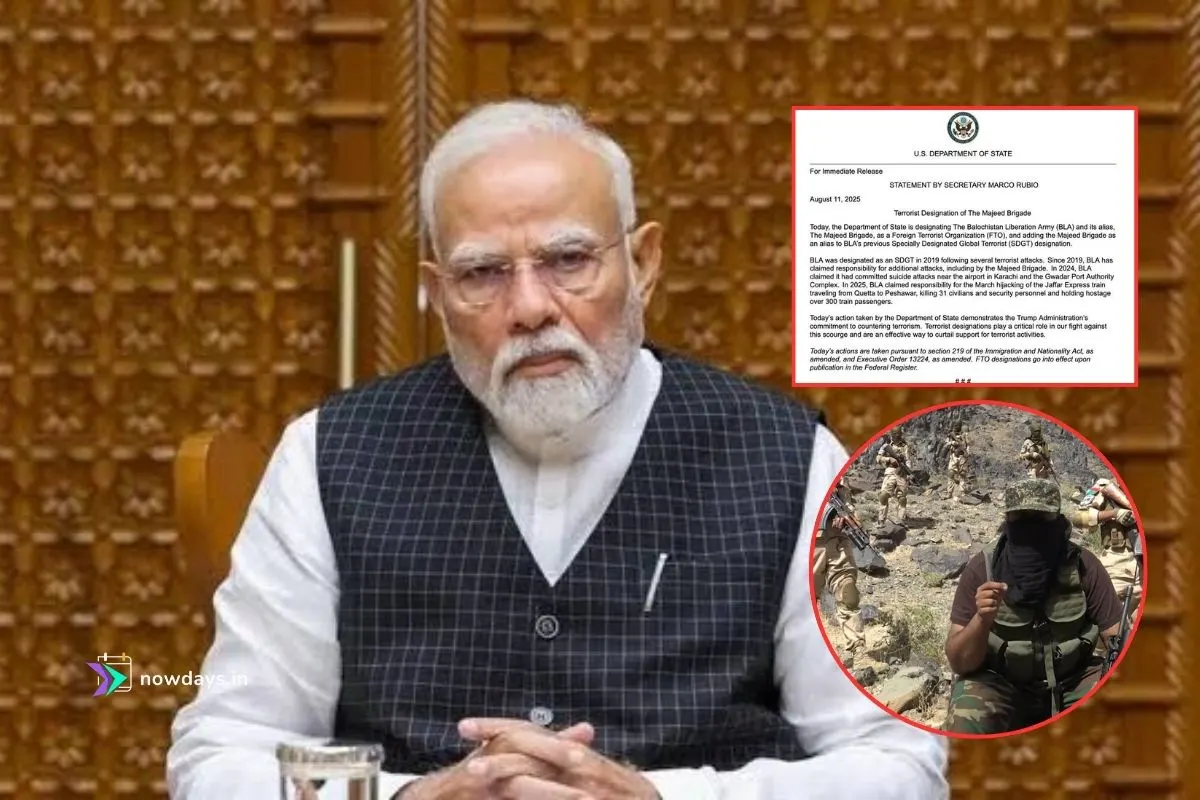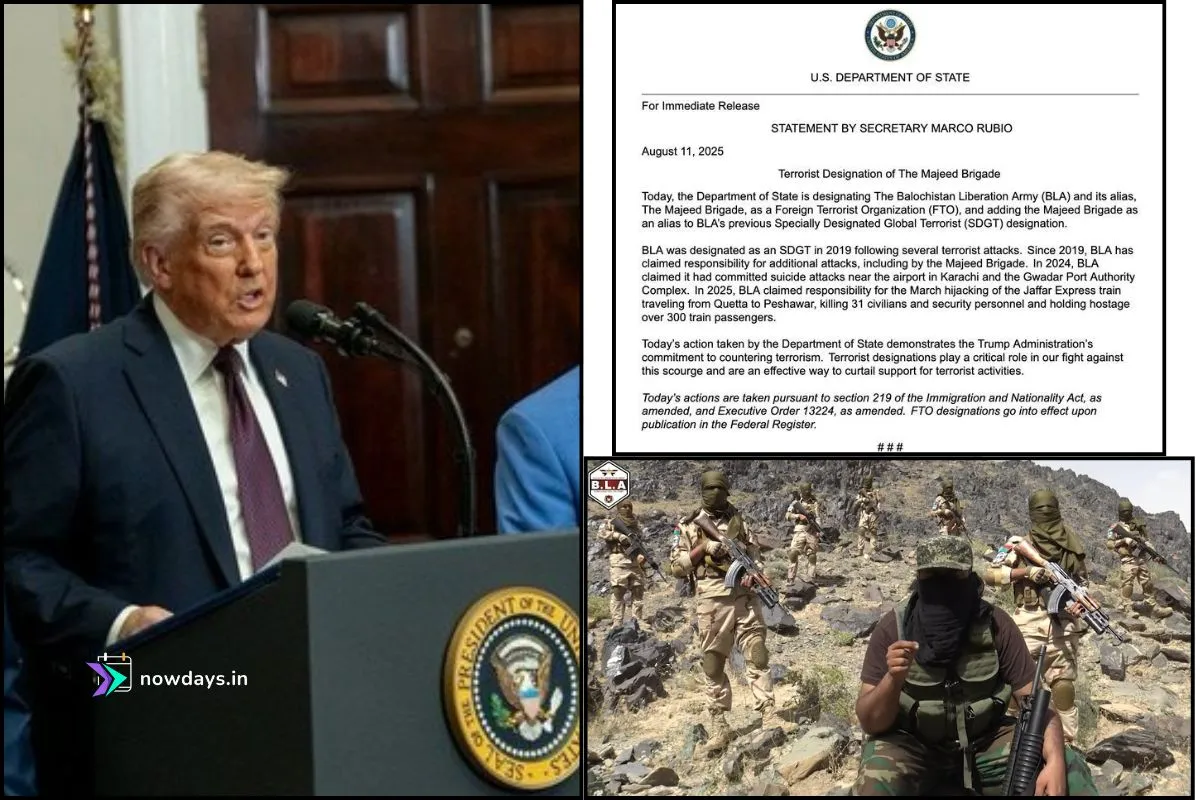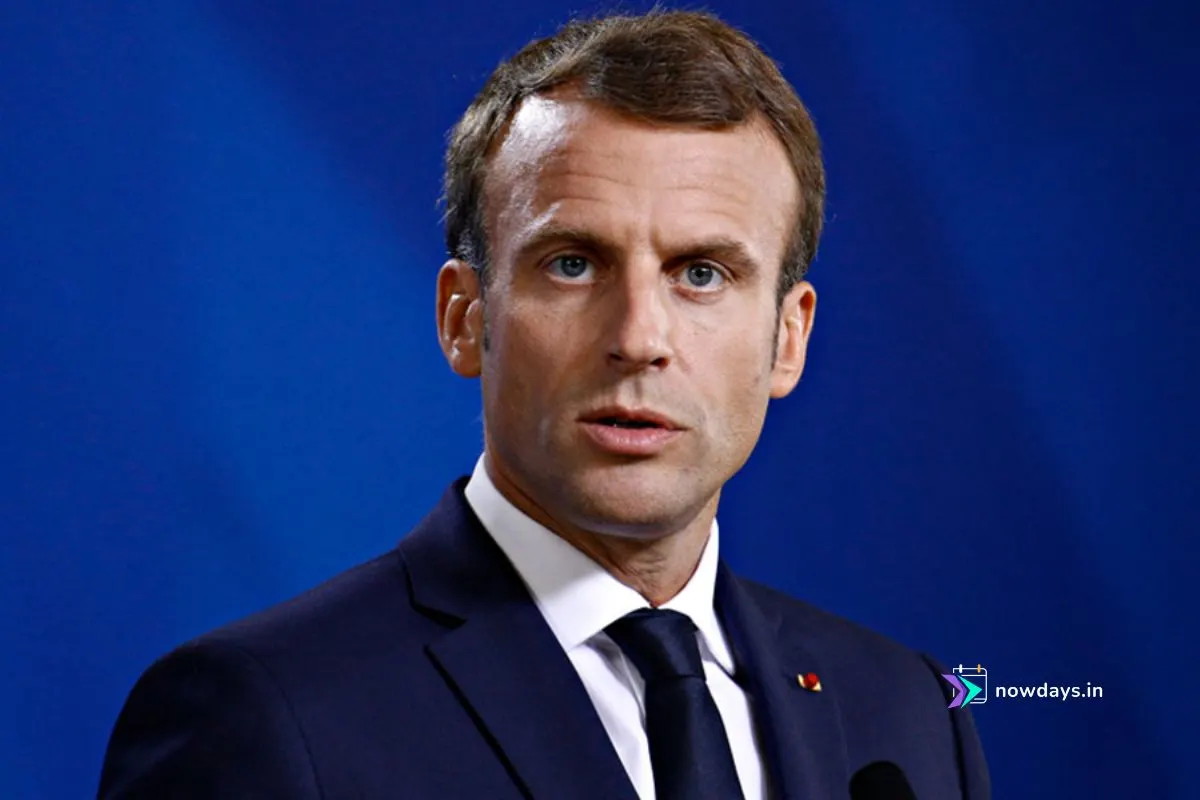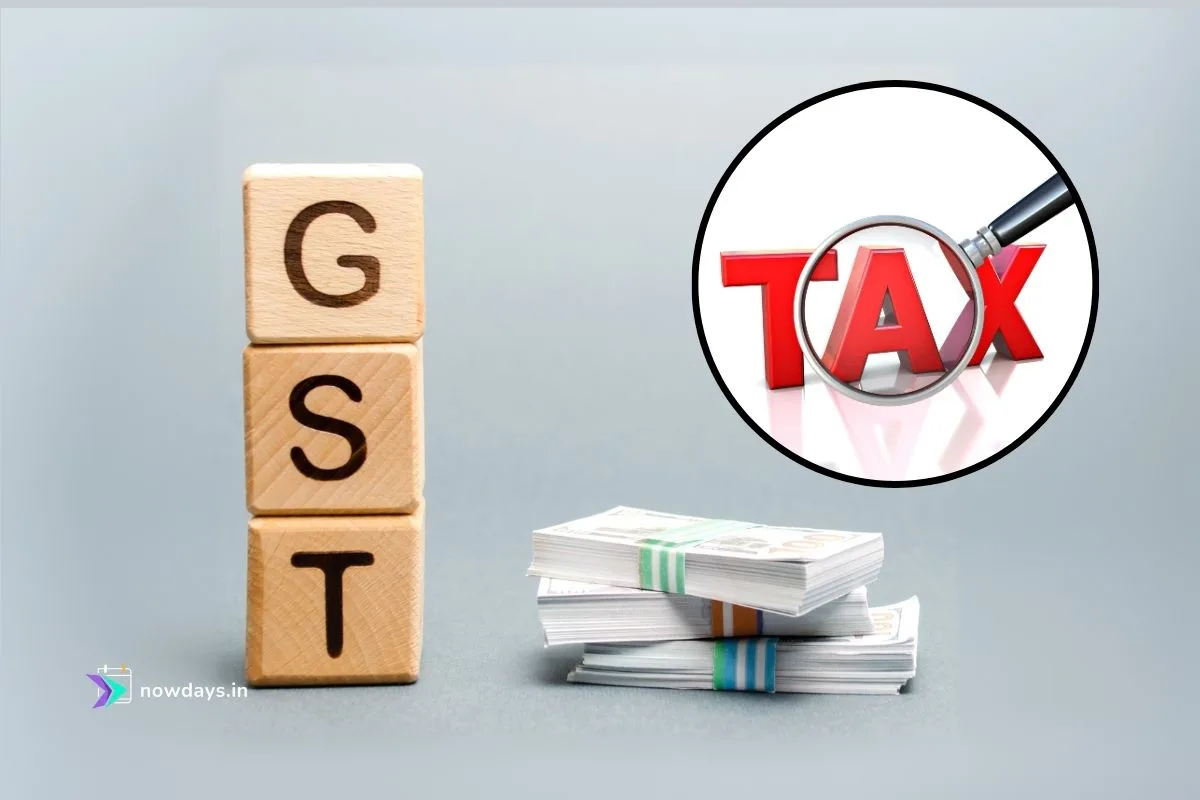The United States’ decision to designate the Baloch Liberation Army (BLA) and its Majeed Brigade as a foreign terrorist organization on August 11, 2025, has sent ripples through South Asia’s geopolitical landscape, raising questions about its implications for India’s security interests, foreign policy, and regional alliances. While the move aligns with Washington’s counterterrorism priorities, it could subtly shift dynamics in the India-Pakistan-US triangle, potentially complicating New Delhi’s strategic calculus amid accusations from Islamabad of Indian support for Baloch separatists.
Understanding the US Designation and Its Timing
The State Department cited the BLA’s involvement in high-profile attacks, including the March 2025 hijacking of the Jaffar Express train that killed 31 and held over 300 hostages, as key reasons for the foreign terrorist organization (FTO) label under Executive Order 13224. This escalates from the group’s 2019 listing as a specially designated global terrorist, now imposing asset freezes, travel bans, and prohibitions on material support. Analysts note the timing coincides with heightened US-Pakistan counterterrorism cooperation, including joint efforts against threats in Afghanistan and along the Durand Line.
For India, which has long viewed Pakistan as a state sponsor of terrorism, the designation indirectly bolsters Islamabad’s narrative against Baloch insurgents. Pakistan has repeatedly accused India of fueling the BLA through covert means, claims New Delhi dismisses as baseless. The US move, per security experts, may signal a tacit endorsement of Pakistan’s internal security concerns, potentially pressuring India to recalibrate its regional posture.
Security Ramifications: A Double-Edged Sword for India
India’s Ministry of External Affairs (MEA) has monitored the development closely, with a July 2025 Rajya Sabha response emphasizing that counterterrorism remains a “vital pillar” of the India-US partnership. Experts suggest the designation could enhance bilateral intelligence sharing on cross-border threats, including those from groups like Lashkar-e-Taiba, which India has prioritized in joint dialogues. However, it might also embolden Pakistan to intensify allegations against India at forums like the UN, complicating New Delhi’s efforts to isolate Islamabad on terrorism issues.
In Balochistan, where the BLA targets Chinese infrastructure tied to the China-Pakistan Economic Corridor (CPEC), the US label could indirectly aid India’s strategic interests by disrupting Beijing’s regional ambitions. Yet, as noted in Chatham House analyses, it risks portraying India as aligned with US-Pakistan counterinsurgency efforts, potentially alienating Baloch nationalists who have sought international sympathy for human rights abuses.
Foreign Policy Shifts: Navigating the US-Pakistan Thaw
The designation reflects a warming in US-Pakistan ties under the Trump administration, evidenced by high-level engagements like the June 2025 White House lunch with Pakistan’s military chief. For India, this could strain the “comprehensive global strategic partnership” with the US, which has seen deepened defense cooperation and technology transfers. A Lowy Institute report highlights concerns that a US tilt toward Pakistan might dilute pressure on Islamabad to curb anti-India militants, forcing India to diversify partnerships through forums like the Quad and BRICS.
Diplomats in New Delhi have protested similar US moves in the past, viewing them as overlooking Pakistan’s role in state-sponsored terrorism. Atlantic Council discussions suggest India may respond by accelerating extradition requests for figures like Tahawwur Rana and pushing for UN designations of Pakistan-based groups.
Regional Stability and Economic Angles
The BLA’s activities have broader implications for regional security, with experts warning that unchecked insurgency could destabilize the Afghanistan-Pakistan-Iran border, affecting India’s trade routes and energy interests. The Global Terrorism Index 2024 ranks Pakistan among high-impact terrorism zones, and US actions might encourage joint India-Pakistan dialogues on shared threats, though trust deficits remain deep.
Economically, disruptions in Balochistan could impact CPEC projects, indirectly benefiting India’s competing initiatives like the India-Middle East-Europe Economic Corridor (IMEC). However, as per Stimson Center transcripts, a prolonged US-Pakistan alignment might limit India’s leverage in trilateral formats.
Expert Perspectives: Opportunities and Risks
Counterterrorism scholars like Daniel Byman argue the designation reinforces US efforts to stabilize Pakistan, potentially reducing cross-border militancy that affects India. Pakistani analyses frame it as a “severe blow” to Baloch militants, urging India to reassess alleged support. Indian experts, in CivilsDaily and Drishti IAS reports, see it as a chance to strengthen US-India counterterrorism ties while monitoring Pakistan’s compliance.
Overall, while the BLA label may aid India’s long-term security by pressuring regional militants, it risks complicating bilateral relations with the US and emboldening Pakistan’s narrative against New Delhi. As geopolitical tensions simmer, India’s response will likely emphasize multilateral diplomacy and robust intelligence cooperation to safeguard its interests.










